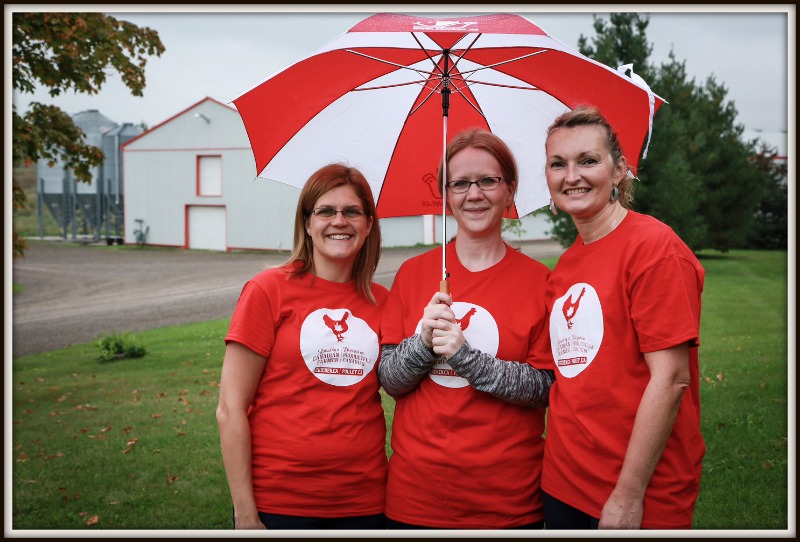
Do You Take Your Chicken For Granted? #RaisedbyCDNFarmer
How many times a week do you eat chicken? I used to joke that I ate so much chicken I should cluck, but beyond the joke and the fact that I knew chicken was a good source of protein, I never really gave it that much consideration. In fact, I readily admit that I take my food for granted. I do the lion’s share of the grocery shopping in my house and chicken factors high on the meat side of the grocery list. It’s affordable and healthy. I trust that I can feed my family chicken several times a week. I have honestly never really given much thought to the story behind the chicken on my plate. Until recently.
Two weeks ago I had the chance to visit a Canadian chicken farm, near Peterborough, to learn more about where my chicken comes from and how chicken is raised. If I had any preconceptions at all about chicken farming, they were wiped clean when we toured the farm.
First of all my impression of the space we toured was that it was extremely clean, more spacious than I imagined it to be. There’s a lot of computerization involved in farming in 2015 and you might not realize that as a consumer dwelling in the city. Before entering the farm all the visitors, public relations personnel and photographers had to suit up in sterile white chicken jumpsuits. Then when you enter the barn you walk through a sterile solution as well to remove bacteria from shoes or boots. And after that, you also place some sterile boots over your feet. Surprisingly high control over bacteria of any sort entering the space where the chickens are being raised.
The farmer we spent part of the day with was a family farmer – third generation actually – and he was clearly someone who enjoyed and took pride in what he does. In fact, although it’s a bit cliche I kept thinking that day it’s like he’s the chicken whisperer. Oh c’mon now I know, I know. Don’t laugh. But after doing this for most of his life, he clearly understands chicken behaviour in a way that an outsider would never begin to comprehend. As he demonstrated how the computerized equipment worked inside the barn to tell farm staff everything they need to know about conditions inside the barn, from how much water the chicks were drinking, to how warm the space was (both very crucial details when raising chickens) he also said things like: “the chickens tell you what they need.” Then he explained.
“If they huddle together a lot then they are cold.” If they drink too much or too little that also tells Canadian chicken farmers a good deal about chicken health. Computers help Canadian chicken farmers to stay on top of chicken health and help provide quality product to consumers. This barn is walked four times a day to check conditions. There’s a mister that provides cooling in warm months and the computers keep the chickens connected to farmers 24/7. Even if they leave the farm for some reason they can monitor the conditions via apps and smart technology.
“As farmers we take great pride in the product we are producing. If we deliver good product it gives us confidence there is a future. It gives us the ability to invest in better technology all the time as well.”
We talked about organic chicken, free range chicken and the demand for both. Canadian chicken farmers have to respond to consumer demand and are constantly educating themselves as well about new tools to help meet that demand and how best to service Canadian consumers.
A funny thing happened as I was tweeting during the visit to this Ontario farm. One of the three bloggers on the tour tweeted out something to the effect of if you ate produce today thank a farmer and a farmer on twitter posted back – if you farm today thank a consumer. To me that sort of summarized the entire experience beautifully. Farmers rely on consumers just as much as consumers rely on farmers. Asked if he had any advice he’d give to a new farmer, this third generation Ontario chicken farmer said: “Get to know your consumer. It’s a great industry. It is ever changing. It has changed dramatically from 20 years ago. It’s a great industry to be in.”
Seeing where my chicken comes from, knowing what to look for on the label, understanding the difference between Canadian raised chicken and imported chicken really opened my eyes to the importance of buying Canadian chicken for my family. The visit also helped make me feel more knowledgeable about buying chicken. Now I know to scrutinize labels and not to buy any chicken that might have a label stating – May contain …. Canadian chicken doesn’t say ‘May contain X, Y, or Z’ because Canadian chicken farmers provide fresh chicken fast and they know exactly what quality control measures are in place before the chicken leaves the farm and head to the marketplace.
I counted this week actually. It’s three times a week here for chicken. Occasionally it is four if I count the lunchtimes when I pack chicken wraps for the kid’s school lunches. I’m surprisingly more than okay with that, especially now that I know where my chicken comes from and how it is raised. There were 24,000 chickens in a barn the size of the one shown above. Granted these here are at the start of their cycle as chicks and they are cute, fuzzy and adorable. They grow of course, but even so, the spacious, clean barn with highly controlled conditions seemed really well suited to meet the needs of these broiler birds throughout their life cycle. Growth cycles are eight weeks and after the broiler chickens are fully grown and they leave the farm, the entire space is cleaned thoroughly. It is sterilized with hot water and high pressure washers. NO chemicals are used at all here. They blow the dust off the ceiling, clean all the litter out. Biosecurity is extremely important to chicken farmers like this one. When bringing in the next flock they want it to have the best chances. Chicken farms are audited annually and have high standards across Canada. Chickens are all raised the same way across the country.
After my visit, I felt better about buying chicken for my family now than I did before.
In Ontario standards exceed the national standards.
You can learn more about Canadian chicken farmers here on Facebook: https://www.facebook.com/chickenfarmers
There’s a Twitter feed too: https://twitter.com/chickenfarmers
YouTube: https://www.youtube.com/user/chickenfarmers1
Instagram: http://instagram.com/chickendotca
This week you can also take part in a Chicken Farmers of Canada twitter party.
I was a guest of Chicken Farmers of Canada and SJ Consulting on this farm tour and, as such I have been compensated to post what I learned during the visit at the farm. My opinion is all my own.
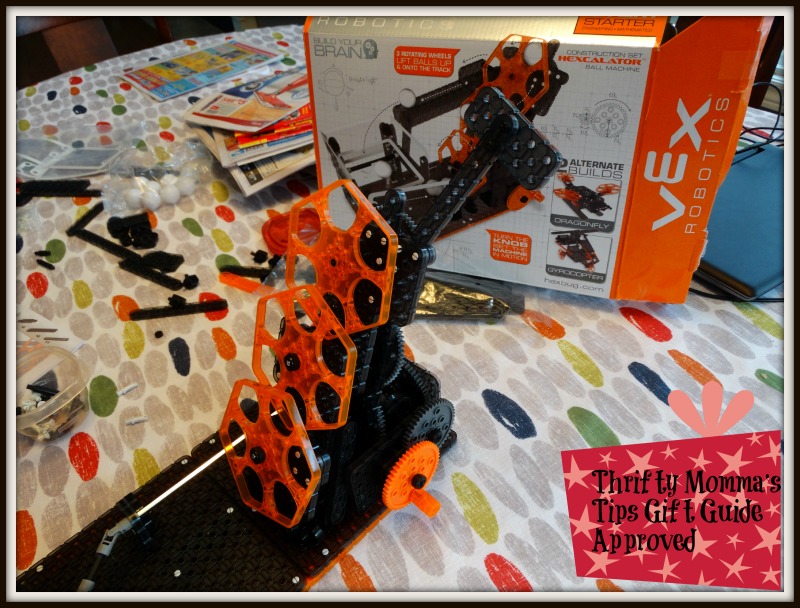
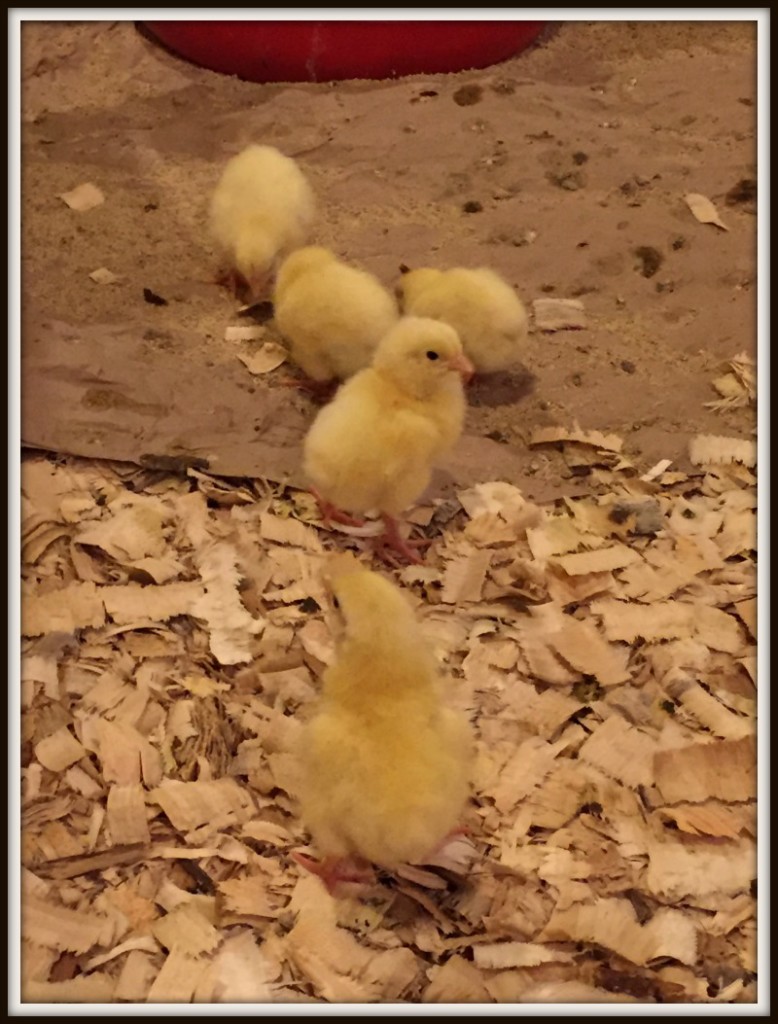

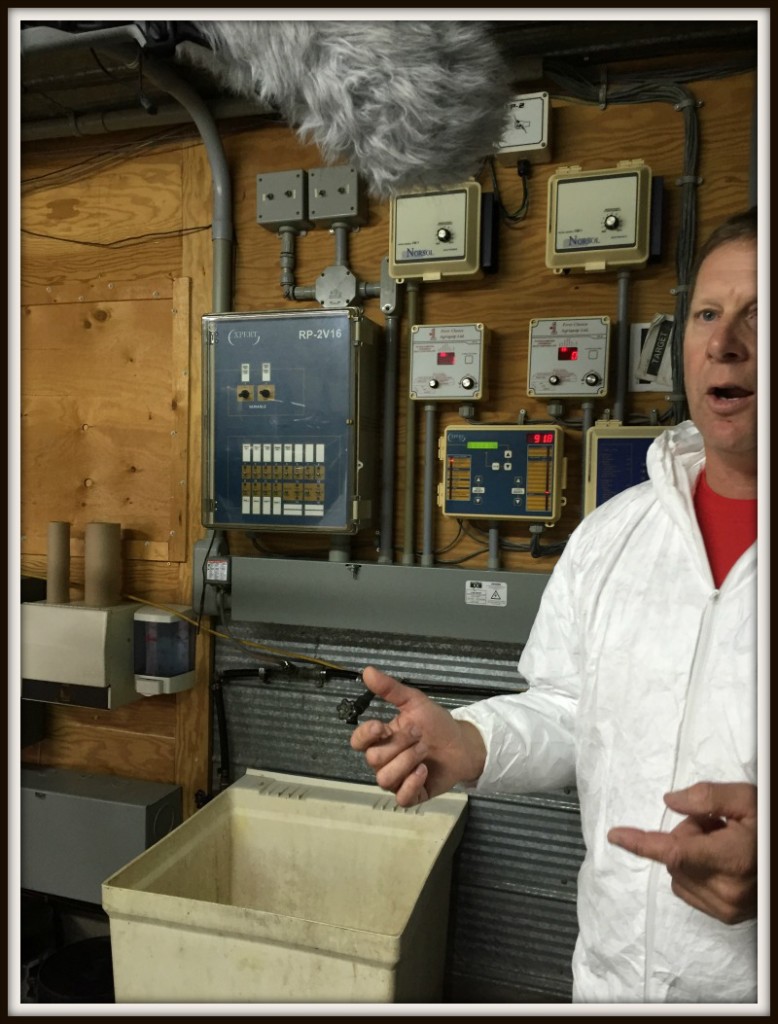
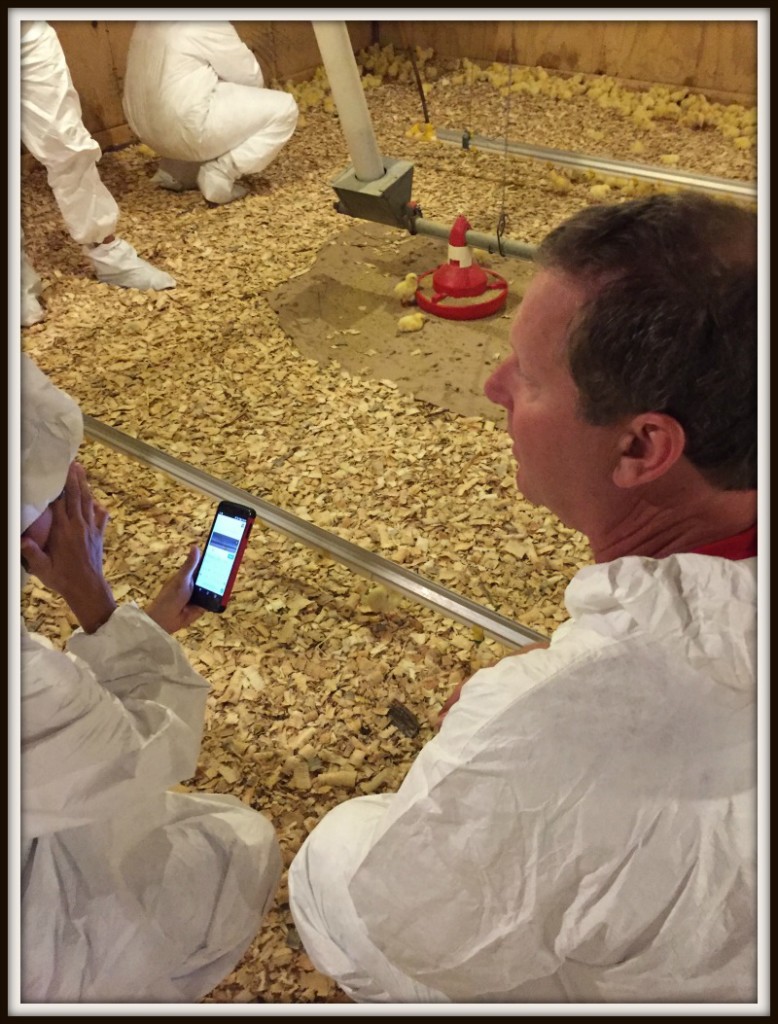
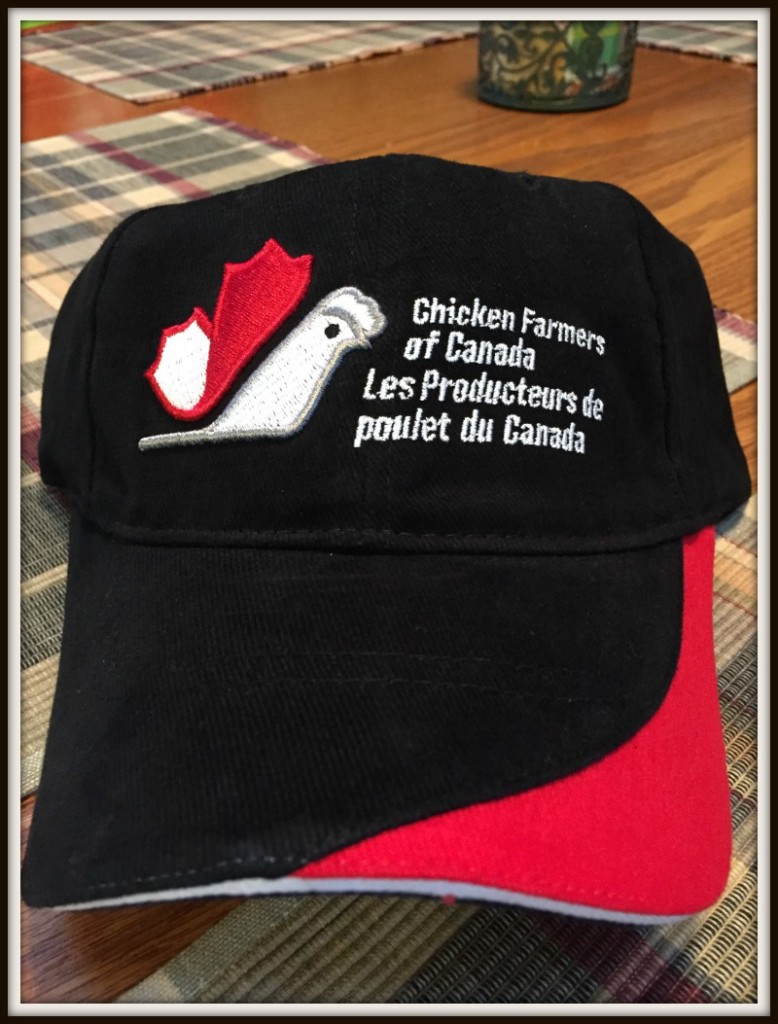

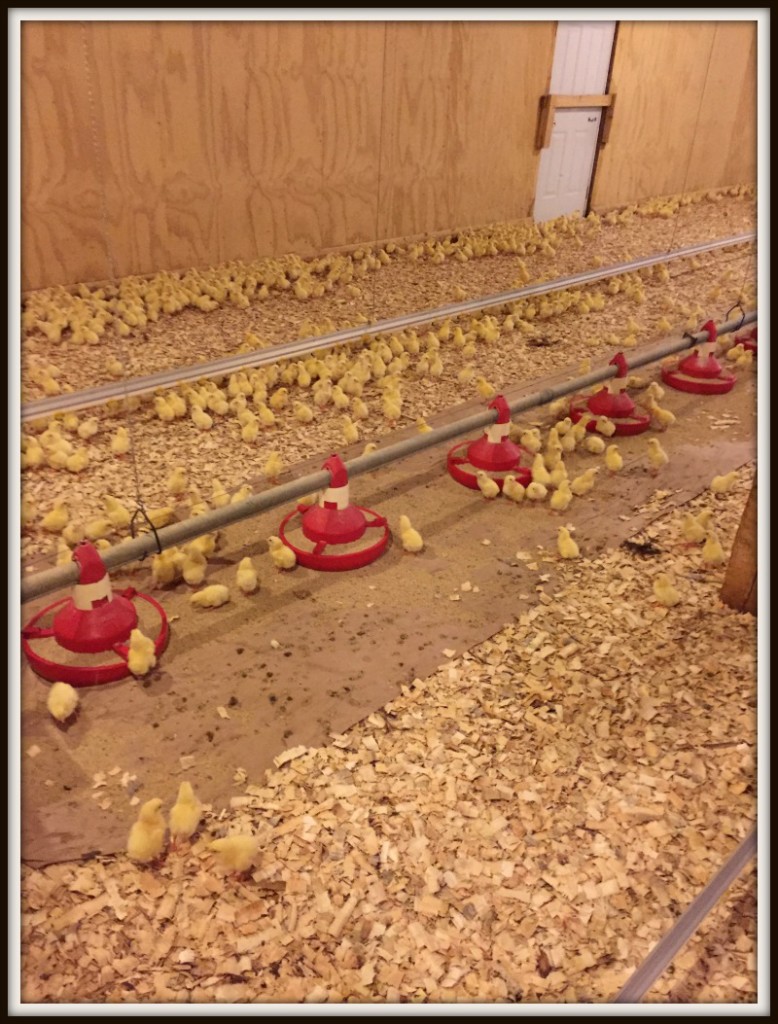
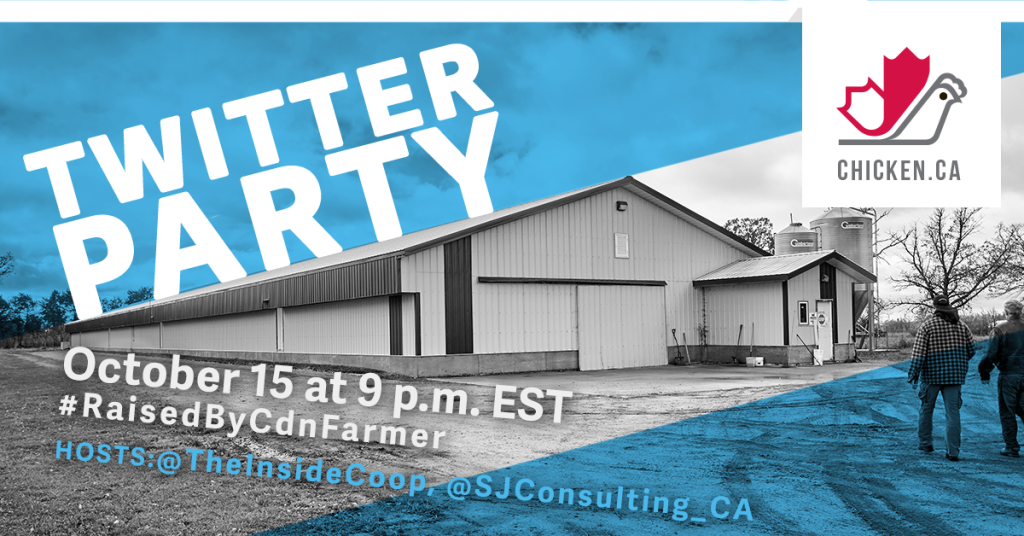



5 Comments
Kelly @ City Mom
I found this post very, very informative! We eat chicken a lot in our family too, as I agree with you that it is cost effective and a good source of protein.
I must admit, I had some ill-conceived notions of chicken farming, but it was purely based on a lack of education. I am glad that I read your post and gained some educated insight. Thanks for that!
amanda
Thanks for the info! You never know when you buy something from a store if it’s been properly cleaned, taken care of or if it’s just covered in filth. It’ nice to see the other side of things.
Deanna T.
I am totally guilty of taking my chicken for granted. I really appreciated the label reading tips you offered here. Thanks for a peek into the barn!
Randa @ TBK
I eat so much chicken. Right now in my fridge I have a whole chicken (cooked), a few breasts and ground turkey. Not to mention the eggs haha.
Since hearing about Canadian chicken I have been putting more effort in finding the logo on the packages. I like to support my country.
Gingermommy
It is always so great getting to see first hand what the farmers do and where our food comes from.